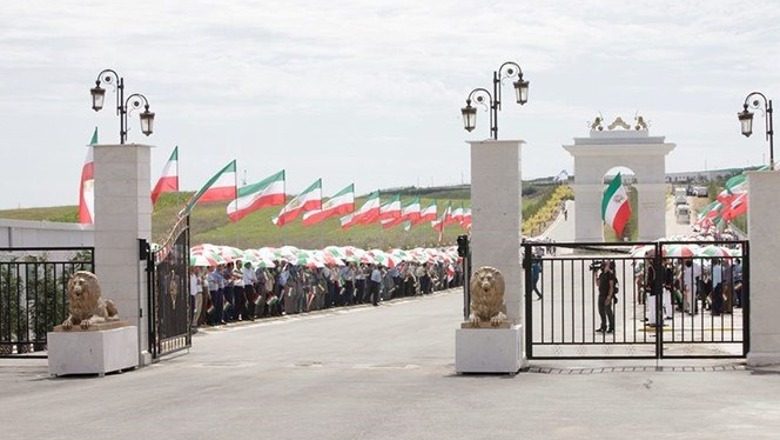The European Union should have integrated the Western Balkan countries earlier, European Commissioner for Enlargement Marta Kos said on Tuesday, acknowledging what she called a strategic failure that has gained new relevance amid rising geopolitical tensions.
“Never before has enlargement been so directly tied to security,” Kos said during the European Defence and Security Summit in Brussels. “It makes us realize the past mistakes, namely not integrating the Western Balkan countries in time.”
Her remarks come as the EU re-evaluates its enlargement strategy in the wake of Russia’s full-scale invasion of Ukraine, which has heightened security concerns across the continent and exposed vulnerabilities in the bloc’s southeastern neighborhood.
Kos pointed to the stalled EU membership processes of Albania, Bosnia and Herzegovina, Kosovo, Montenegro, North Macedonia, and Serbia — all candidate or potential candidate countries. She suggested the EU had missed a critical opportunity to stabilize the region by allowing the process to drag on for over a decade.
“The geopolitical context has changed dramatically,” Kos said, referring to both the war in Ukraine and increasing Russian influence in the Balkans. “Now more than ever, it’s clear that enlargement is not only a question of values, but of strategic interest.”
According to EU officials familiar with the Commission’s internal assessments, there is growing consensus in Brussels that the delay in integrating the Western Balkans has allowed rival powers, particularly Russia and China, to expand their foothold in the region.
A senior EU diplomat, speaking on condition of anonymity due to the sensitivity of the issue, said: “We are playing catch-up. The Western Balkans should have been in the Union already. That delay has come with a cost.”
The Western Balkans have been on the EU’s enlargement agenda since the early 2000s, following the end of the Yugoslav wars. However, despite official candidate status and numerous reform requirements being met by several countries, political hesitations in key EU capitals — particularly Paris and The Hague — have slowed progress.
French President Emmanuel Macron in the past had insisted on reforming the enlargement process before any new accessions, while Dutch lawmakers have repeatedly expressed skepticism about corruption and rule-of-law issues in several candidate countries.
Yet, in the post-Ukraine war era, the tone has shifted. The EU granted candidate status to Ukraine and Moldova in 2022, fast-tracking their integration roadmap. This move has reignited debate over the treatment of Western Balkan states who have long waited in the accession queue.
“The EU needs to prove that it keeps its promises,” said Florian Bieber, a Balkans expert at the University of Graz. “Otherwise, its credibility and influence in the region will continue to erode.”



